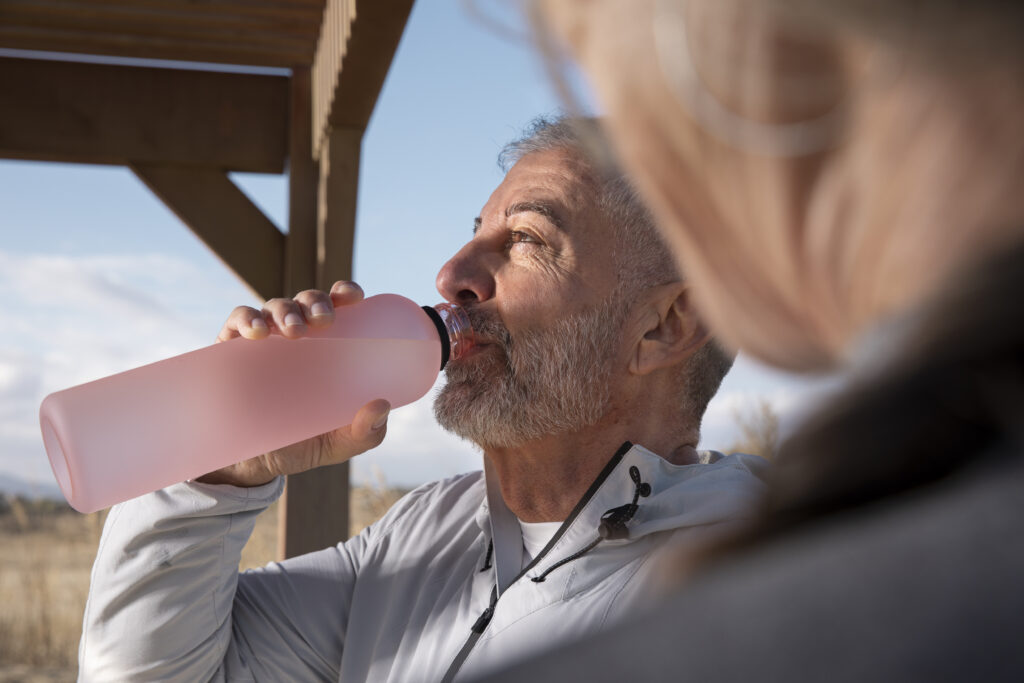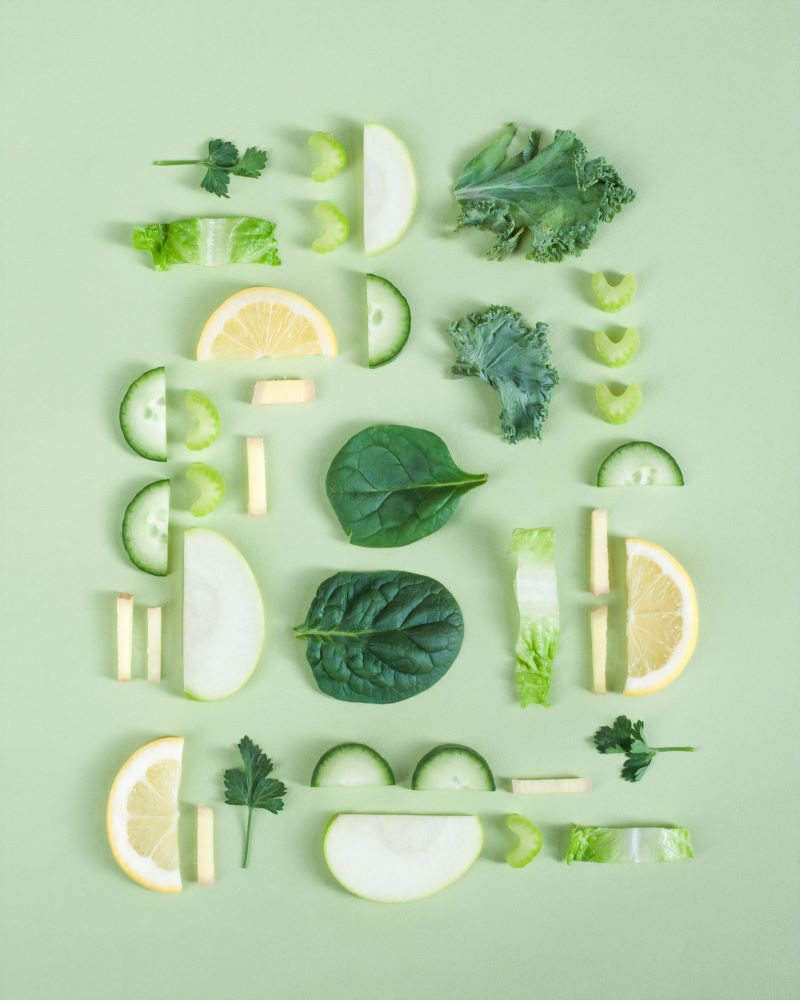
As the golden years approach, the pursuit of maintaining a vibrant and active lifestyle takes center stage. With September marking Healthy Aging Month, it’s only fitting to delve into a fundamental aspect of well-being that often goes unnoticed – hydration. Amidst the whirlwind of wellness trends, the significance of proper hydration and access to good quality water emerges as an unsung hero in the narrative of aging gracefully.
In the bustling symphony of health advice, the promotion of hydration tends to fade into the background. However, healthcare professionals around the world unanimously agree that maintaining adequate fluid balance is pivotal to promoting healthy aging. Dr Kelly Halderman, Weo Chief Health Officer, emphasizes, “Dehydration can exacerbate existing health conditions common in older adults, such as kidney problems, constipation, and even cognitive decline. Staying hydrated is a simple yet effective step toward mitigating these risks.”
A National Institutes of Health study published in the journal eBioMedicine* in January 2023 confirms that drinking enough water is associated with a significantly lower risk of developing chronic diseases, a lower risk of dying early or lower risk of being biologically older than your chronological age.
Using health data gathered from 11,255 adults over a 30-year period, researchers analyzed links between serum sodium levels – which go up when fluid intake goes down – and various indicators of health. They found that adults with serum sodium levels at the higher end of a normal range were more likely to develop chronic conditions and show signs of advanced biological aging than those with serum sodium levels in the medium ranges. Adults with higher levels were also more likely to die at a younger age.
“The results suggest that proper hydration may slow down aging and prolong a disease-free life,” said study author Natalia Dmitrieva, a researcher in the Laboratory of Cardiovascular Regenerative Medicine at the National Heart, Lung and Blood Institute, a division of NIH.
Learning what preventive measures can slow down the aging process is “a major challenge of preventive medicine,” the authors said in the study. That’s because an epidemic of “age-dependent chronic diseases” is emerging as the world’s population rapidly ages. And extending a healthy life span can help improve quality of life and decrease health care costs more than just treating diseases can.
 So, how does hydration act as a catalyst for healthy aging? The human body, particularly as it ages, relies heavily on proper hydration for optimal functioning. Dr. Kelly Halderman explains, “Water is a fundamental building block for every cell, tissue, and organ. It aids in digestion, circulation, and temperature regulation, and can even enhance joint health, which becomes increasingly important as we age.”
So, how does hydration act as a catalyst for healthy aging? The human body, particularly as it ages, relies heavily on proper hydration for optimal functioning. Dr. Kelly Halderman explains, “Water is a fundamental building block for every cell, tissue, and organ. It aids in digestion, circulation, and temperature regulation, and can even enhance joint health, which becomes increasingly important as we age.”
But not all water is created equal. The quality of the water consumed plays a crucial role in supporting healthy aging. Halderman warns against the potential hazards of contaminants often found in tap water. “Older adults are more susceptible to the adverse effects of pollutants due to their weakened immune systems and reduced capacity to eliminate toxins. Investing in good quality water, through a reliable filtration system and antioxidant properties like in Weo water, can help reduce these risks.”
For those seeking a fountain of youth, incorporating mindful hydration practices is the first sip. Here are some recommendations straight from the experts’ fountain of knowledge:
- Sip Throughout the Day: Don’t wait until you’re thirsty to drink water. Sipping water consistently throughout the day helps to prevent dehydration and supports overall bodily functions.
- Diversify Your Hydration Sources: Alongside water-rich foods like fruits and vegetables, herbal teas can contribute to your fluid intake. Choosing beverages with minimal caffeine and added sugars can optimize your hydration strategy.
- Monitor Your Urine Color: As a simple indicator, your urine should be light yellow. Checking your urine color is an easy way to assess your hydration status. Aim for pale yellow, similar to the color of straw.
- Stay Mindful During Physical Activity: As exercise remains pivotal in aging well, ensure you hydrate before, during, and after physical activity to replenish lost fluids. Hydrating adequately before and after exercise can help prevent fatigue and muscle cramps.
- Choose Your Vessel Wisely: If using tap water, consider investing in a reliable water filter to reduce the intake of contaminants. A good quality water filter can provide an extra layer of protection, especially for older adults concerned about potential pollutants.
- Consult Your Healthcare Provider: Individual hydration needs can vary based on factors such as medical conditions and medications. Your healthcare provider can offer personalized recommendations to ensure you’re staying properly hydrated based on your unique health profile.
In the grand tapestry of aging gracefully, the role of hydration emerges as a vital thread, weaving through the fabric of well-being. As we toast to Healthy Aging Month, let’s raise our glasses filled not only with good quality water but also with the promise of a future brimming with vitality, health, and joy.
/////////////////////////////////////////////////////////////////////////////////////////
References:
- https://www.nih.gov/news-events/news-releases/good-hydration-linked-healthy-aging
